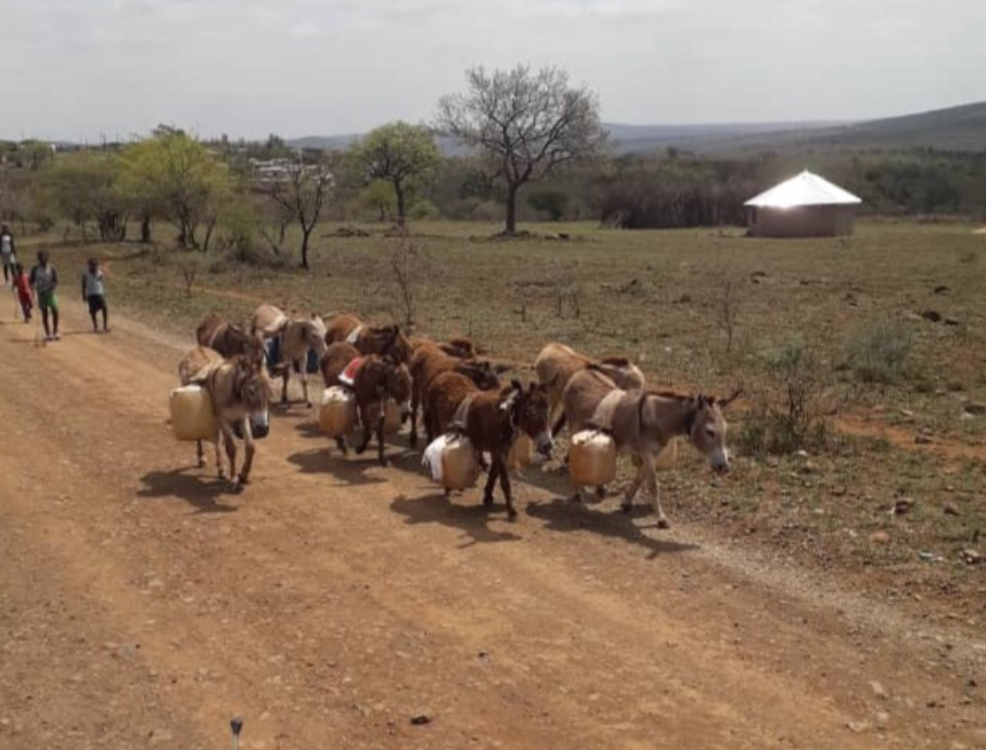MBABANE: Eugene Dube, the editor of the Swati Newsweek has reminded journalists not to disregard community reporting and expose the sufferings of the people in the rural areas.
Speaking to this Swaziland News on Thursday, the editor who fled to South Africa after the police visited his home seeking to arrest him for writing critical articles about King Mswati said community reporting remains the lifeblood of journalism because it exposes the plight of the people at grassroots level. The investigative journalist was earlier this year honored by Reporters Without Borders, an organisation that defends press freedom for writing an article that highlighted the collapse of the health system in eSwatini.
“Community journalism is lifeblood of any society. These are massive social and economic ills we must expose to force the government of the day to help our suffering population” said the editor.
Dube recently published an article that exposed how the people of Lavumisa travels over 20 kilometers to source water from the Ingwavuma river because of scarcity of water in the area, the most affected are women and children.
“Government must provide water tanks for the community of Lavumisa, trucks should fill the tanks with water in the absence of boreholes, there’s a lot of money in this country that should be assisting the people” he said.
Eswatini, a tiny Kingdom situated in Southern Africa with about 70% of the population living below the poverty line is ruled by Africa’s last absolute Monarch, King Mswati, one of the richest Monarchies in the world, he was recently estimated by Forbes to be worth over E3billion($200milion). King Mswati owns two private jets worth over E1billion, a fleet of cars including Royce Rolls worth over E200million, farms and multi-billion shares in almost all giant companies in the country through Tibiyo TakaNgwane.
Political parties are banned from contesting elections, criticising the King and his government on issues of corruption and or abuse of power attracts treason or sedition charges.

Lavumisa residents travels 20 kilometres for water
